Opening a second location can be a viable option for vintners who are looking to expand their audiences or increase exposure to their brand.
It’s worked for many, but there are some winemakers who ultimately decided that expanding beyond their estates or original locations simply wasn’t practical.
Read on to see why vintners who spoke with Vintner Magazine said location, circumstances and audience play a role in whether a satellite tasting room will be a success.
Will Success Be Circumstantial or Sustainable?
Dr. Richard Obiso, owner of Whitebarrel Winery in Christiansburg, Virginia, opened a satellite tasting room in the busy college town of Blacksburg in 2017, but it ultimately didn’t work out for various reasons.
Obiso said Whitebarrel’s satellite location gained steam for awhile before the pandemic and competition forced it to close.
The remote location was about 25 minutes from Whitebarrel’s winery/vineyard and it “cost us a tremendous capital investment,” Obiso said. “We were able to break-even in the first year and turn a small profit in 2018.
“The reality of such an endeavor was that it was the right place at the right time — but nothing more. With the financial economics of local business coupled with COVID — one has to look beyond what is possible to what is real in order to survive.”
Competition can also make for tough sledding, Obiso said.
“In Blacksburg, the local wine, beer, and restaurant pressure played into the success of our endeavor,” he said. “And while it was successful in the short-term, the pandemic and competition led to its premature end.”
Who’s your Audience?
The curiosity of the clientele in Blacksburg was one factor that kept the satellite location alive for awhile, Obiso said. The novelty of it being open did drive some customers to visit the original location, which remains open.
“Our guests in Blacksburg were either locals that did not travel out to the winery and wanted to experience wines from Virginia or they were students of Virginia Tech who were interested in the experience,” he explained. “I will say that the Blacksburg location served as a marketing draw to visit the vineyard at a later date and that was somewhat of a well-spent marketing endeavor.”
Is Your Estate Part of the Draw?
If your winery is successful partially because guests enjoy the grounds, the ambience and the atmosphere, you may wish to consider whether a pop-up in a bustling area of town is right for you.
Michael Honig, owner of Honig Winery in Rutherford, California, said he opened an urban tasting room about 20 years ago and “did OK,” but is not a tremendous fan of the concept.
“I never thought (they were) that great (because) I think when people come to the Napa Valley they want to see wineries and vineyards rather than going to a retail location that could be anywhere,” Honig said.

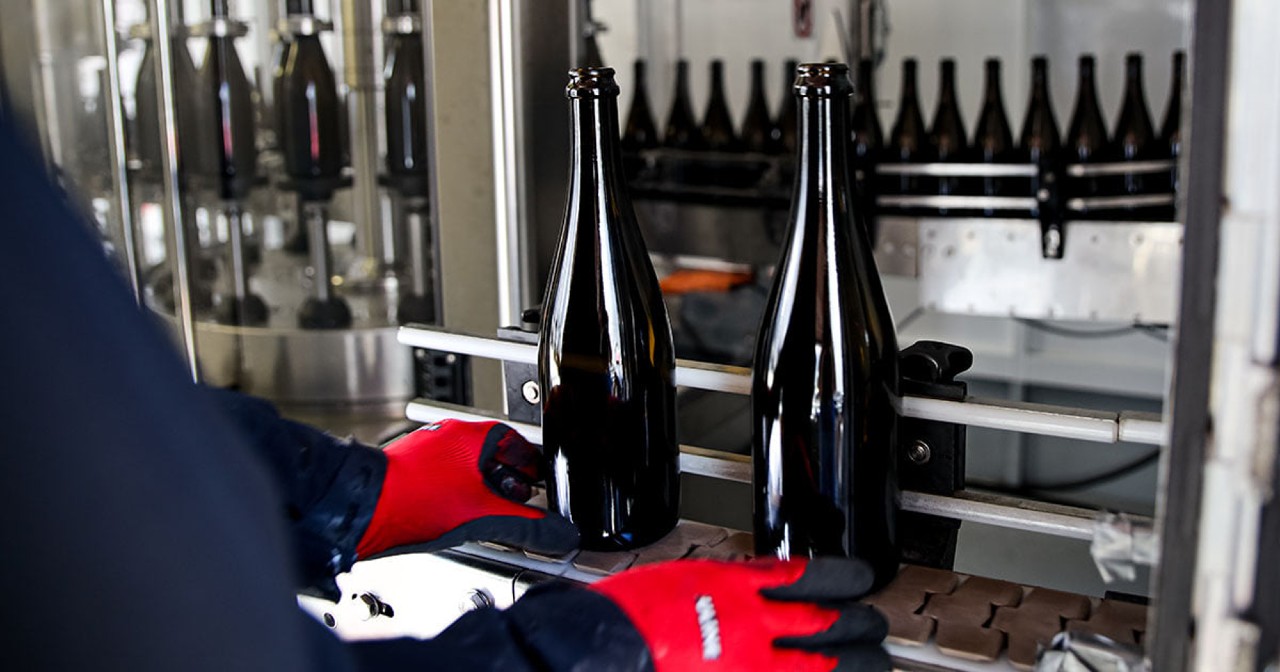
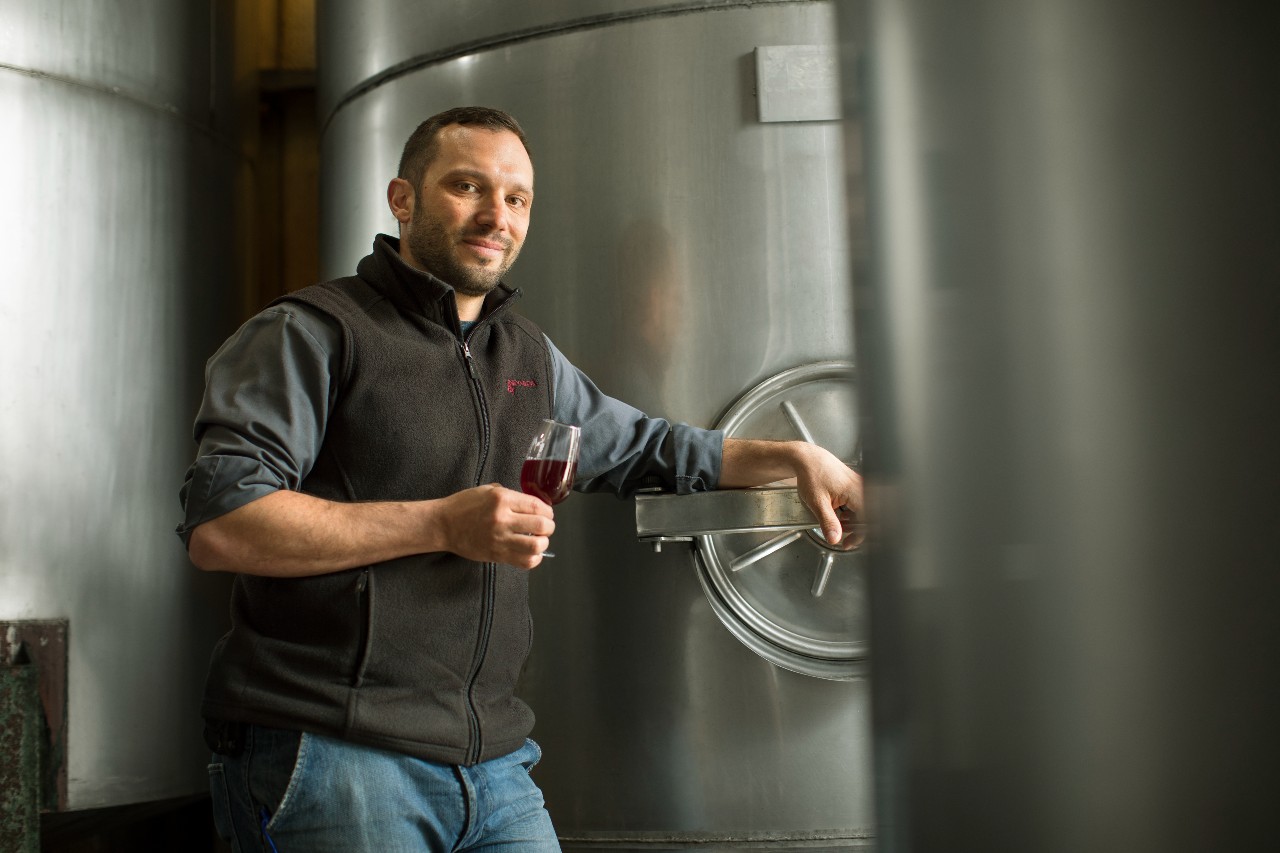
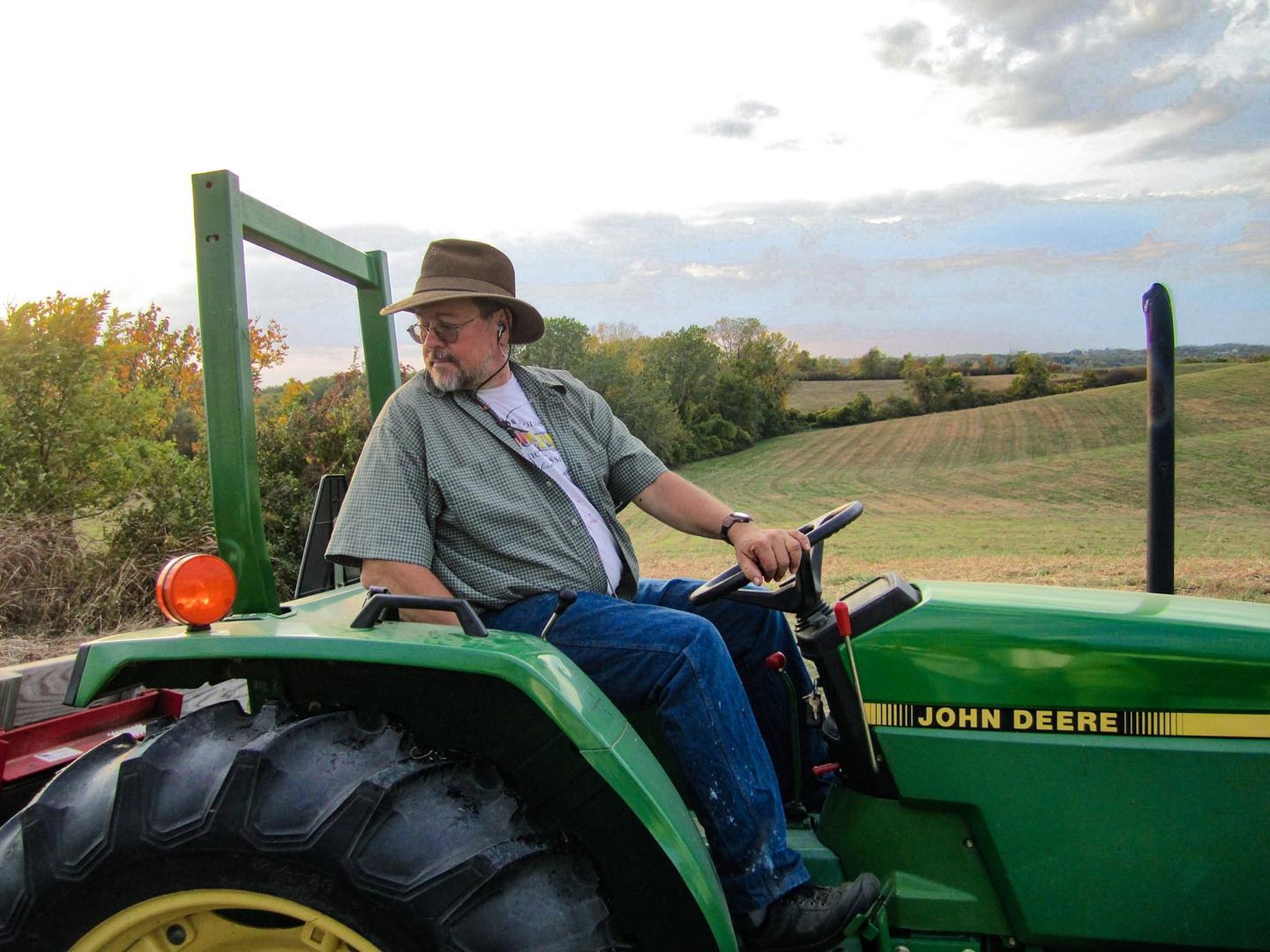
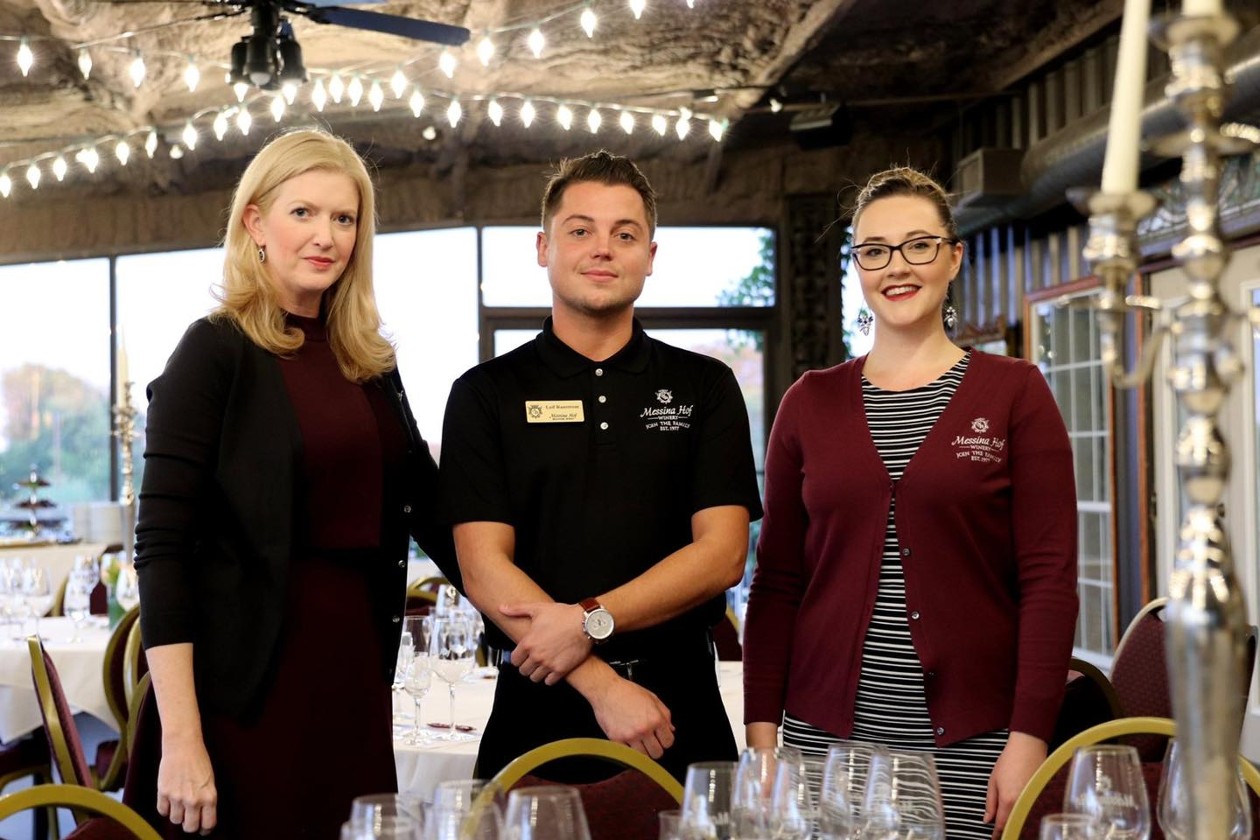
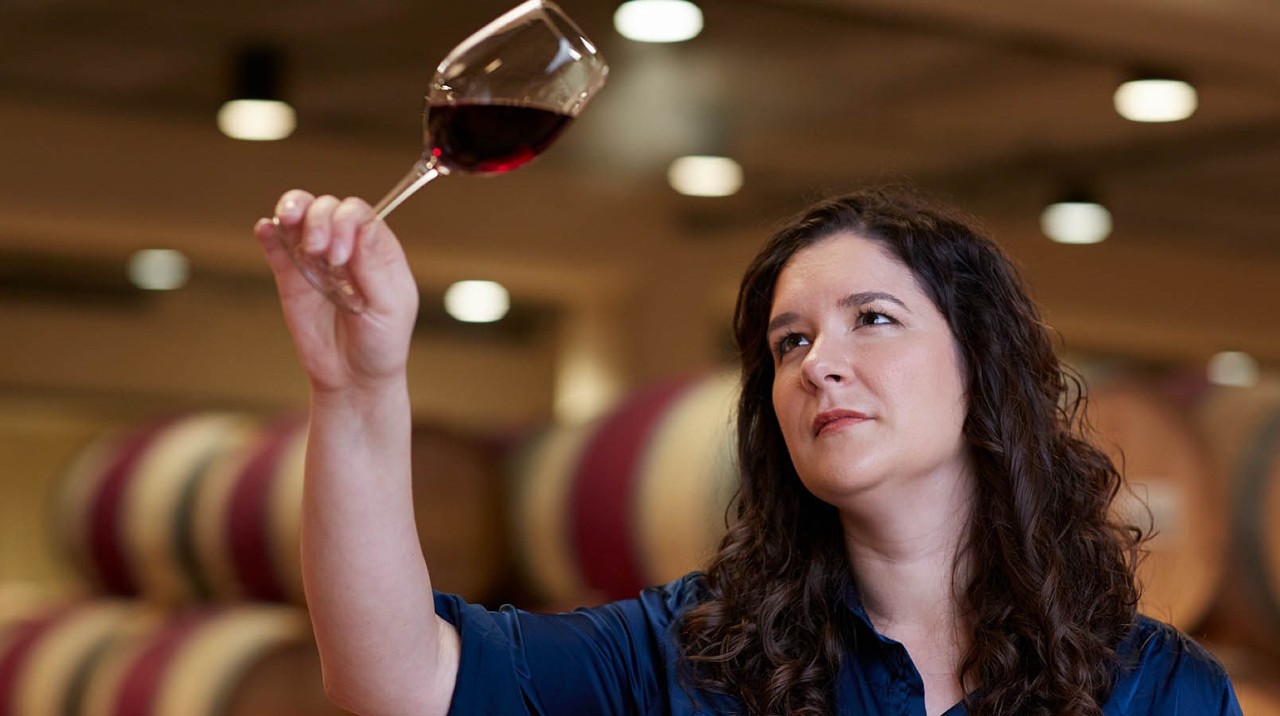


Be the first to comment